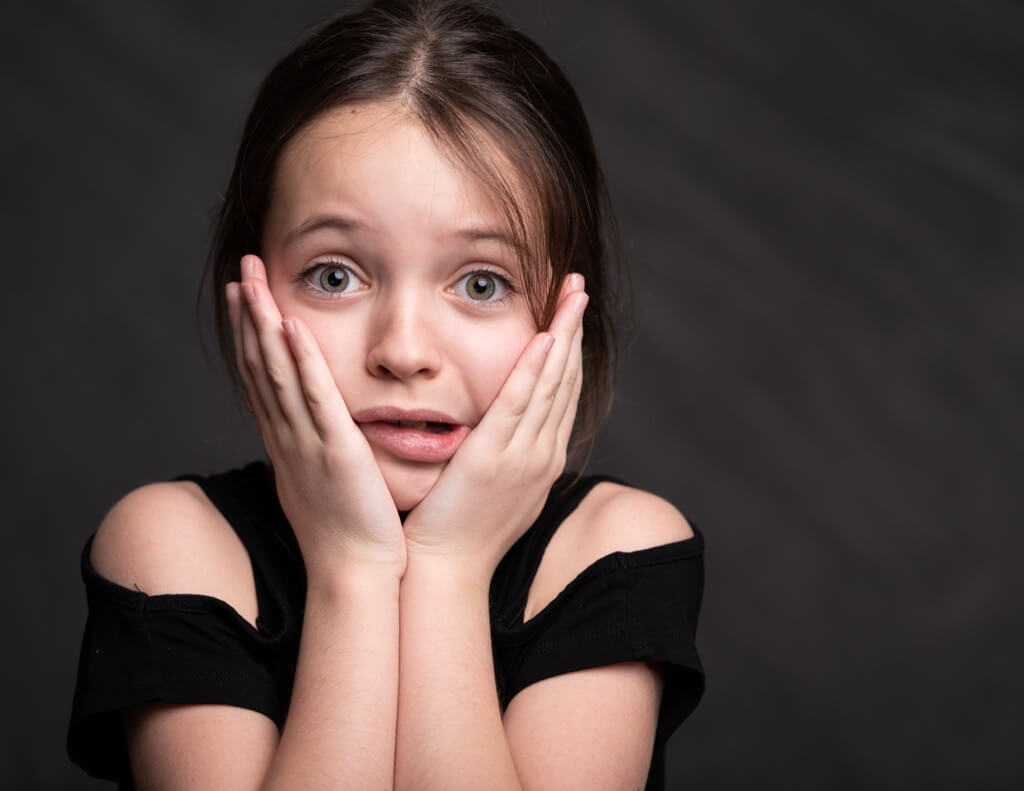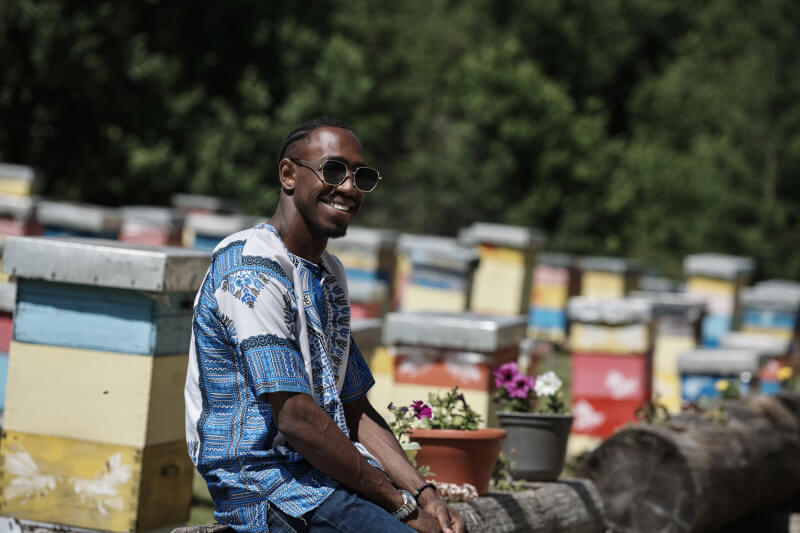Navigating mental health challenges can be daunting, especially in a country like South Africa where socio-economic disparities can limit access to quality care. If the price tag of therapy sessions – which can range between R400 and R1,200 – feels overwhelming, rest assured: there are resources available that prioritize your well-being without compromising on your pocket.
Free Mental Health Services by SADAG
The South African Anxiety and Depression Group (SADAG) stands as a beacon of hope for many. They offer an array of free resources tailored to support those battling mental health issues. Their helpline is a godsend, especially their suicide prevention line, accessible at 0800 567 567. A quick visit to their website can provide more insight into the breadth of their assistance.
LifeLine: Always There When You Need Them
LifeLine South Africa offers another haven. This organization is dedicated to providing free therapeutic support. Whether it’s a call (0861 322322), an online chat, or an email, they ensure every cry for help is met with understanding and confidentiality.
Leverage Medical Aid for Therapy
Don’t forget the potential benefits of your medical aid. Some insurance schemes in South Africa cover mental health support. Give them a ring, understand the coverage, and make the most of it. Even partial coverage can significantly ease the financial strain.
Therapists with Flexible Rates
Don’t shy away from discussing financial constraints with potential therapists. Many professionals recognize the socio-economic challenges in South Africa and offer sliding scale fees or payment plans, tailoring their rates based on your financial situation. Always remember to verify their qualifications before proceeding.
Seek Support in Spiritual Communities
Your local religious institutions, be it a church, mosque, or temple, might be a reservoir of communal support. Many organize group therapy sessions or support groups that offer an avenue for shared experiences and collective healing.
Empower Yourself with Self-help Books
Knowledge can be therapeutic. Diving into self-help books can offer insights, strategies, and stories that resonate with your journey. And it’s not just books; there’s a plethora of online articles, scholarly pieces, and videos that can further enhance your understanding.
Harness the Power of Mindfulness
Anxiety and its kin, like stress, have roots in our daily chaos. Embracing mindfulness practices, like meditation, can be transformative. Apps like Headspace, Insight Timer, and Calm offer accessible guided sessions that can integrate seamlessly into your routine.
Healthy Lifestyle Choices Make a Difference
A balanced diet and regular physical activity are powerful allies against stress. Opt for nutritious meals over processed foods, and find an exercise regime that resonates with you. Not only does it uplift your mental well-being, but it also offers long-term physical health dividends.
Free Mental Health Resources from SADAG
The South African Anxiety and Depression Group (SADAG) is a prime example of an organization stepping up to the plate to offer essential mental health services for free. Their suicide prevention line, 0800 567 567, is available to anyone in crisis. Additionally, by visiting their website, South Africans can access a plethora of resources, advice, and further contact numbers to get the help they need.
LifeLine’s Comprehensive Support
LifeLine South Africa stands as a bastion for those seeking mental health support without the financial burden. Their toll-free number, 0861 322322, provides immediate assistance. What’s more, their online chat and email support systems ensure that no matter the medium, help is readily available. With a focus on confidentiality and compassion, LifeLine ensures nobody has to face their struggles alone.
Medical Aid Covering Mental Health
While therapy can sometimes be seen as a luxury, many South African medical aid schemes recognize its necessity. By contacting your medical aid provider, you may discover that portions, if not all, of therapy sessions are covered. This can significantly decrease the financial strain of seeking professional mental health support.
Flexible Fee Therapists
In a diverse socio-economic landscape like South Africa, it’s reassuring to know that many therapists are sensitive to financial constraints. A considerable number offer a sliding scale fee system or tailored payment plans. This means that based on a patient’s income or financial situation, the therapy fees are adjusted, making professional mental health services more accessible.
Religious Institutions Offering Support
South Africa, with its rich tapestry of cultures and religions, has numerous religious institutions that often play a crucial role in community welfare. Churches, mosques, synagogues, and temples across the country sometimes offer group therapy sessions or community support groups. These gatherings can provide both spiritual and emotional support, helping individuals find solace and understanding within their communities.
Digital Platforms for Mindfulness
The digital age has ushered in various tools to promote mental well-being. Apps like Headspace, Calm, and Insight Timer, many of which offer free versions, provide South Africans with guided meditations and mindfulness practices. These digital platforms can be particularly useful for those who cannot afford traditional therapy but are seeking ways to manage stress and anxiety.
The Role of Traditional Healers in Mental Health
In South Africa, traditional healers or “sangomas” play an integral role in many communities. These practitioners provide spiritual and emotional healing, often based on age-old customs and practices. There is a debate about the effectiveness and safety of their methods compared to Western psychotherapy.
While some argue that traditional healers bridge the cultural gap and provide holistic care, others are skeptical, emphasizing the importance of evidence-based treatments. The question remains: Should traditional healing be integrated more seamlessly with modern therapeutic practices, especially given South Africa’s diverse cultural landscape?
The Impact of South Africa’s Past on Mental Health
The apartheid era, coupled with socio-economic struggles, has had profound psychological effects on generations of South Africans. The debate here revolves around how deeply these historical traumas influence present-day mental health issues. Some argue that there’s a direct link, suggesting that certain mental health challenges prevalent in South African society stem from past traumas. Others believe that while the past plays a role, contemporary issues like unemployment and crime play a more significant role in the nation’s mental health landscape.
Online Therapy Platforms: Boon or Bane?
With the rise of digital technology, online therapy platforms are becoming more accessible to South Africans. These platforms provide counseling services remotely, often at a fraction of the cost of traditional therapy. However, the debate rages on about their efficacy. While some laud online therapy for its convenience and accessibility, critics argue that it can’t replace face-to-face interactions, asserting that nuances in emotion and non-verbal cues are lost in virtual sessions.
Community-driven Mental Health Initiatives
Grassroots community-driven mental health initiatives are sprouting up across South Africa, offering support and awareness in areas where professional therapy is scarce. These initiatives often rely on community members trained in basic counseling techniques. While many praise these initiatives for filling a critical gap, there’s debate over the quality of care provided. Can community members, despite their best intentions and some training, truly replace professional therapists?
Mental Health in Schools: Early Intervention or Too Soon?
Recognizing the importance of mental health, some advocate for introducing mental health programs in South African schools. The aim is to identify and address potential issues early. However, there’s a debate on the right approach. While proponents argue early intervention is crucial and schools offer a conducive environment for such programs, critics worry about the potential for misdiagnosis or stigmatization. They question if schools are equipped to handle the complexities of mental health adequately.
While therapy might come with a hefty price tag, South Africa offers myriad avenues to navigate mental health challenges affordably. And always remember, if you’re in an immediate crisis, South Africa’s Suicide Crisis Line at 0800 567 567 is just a call away.




